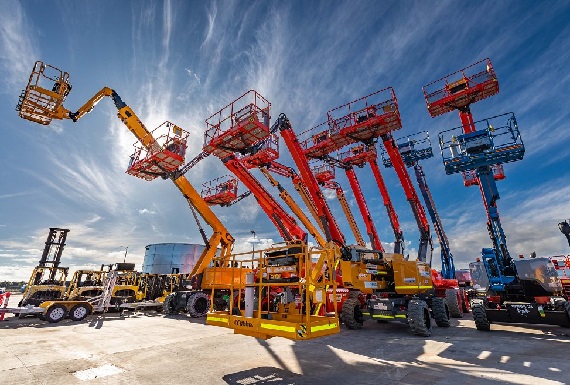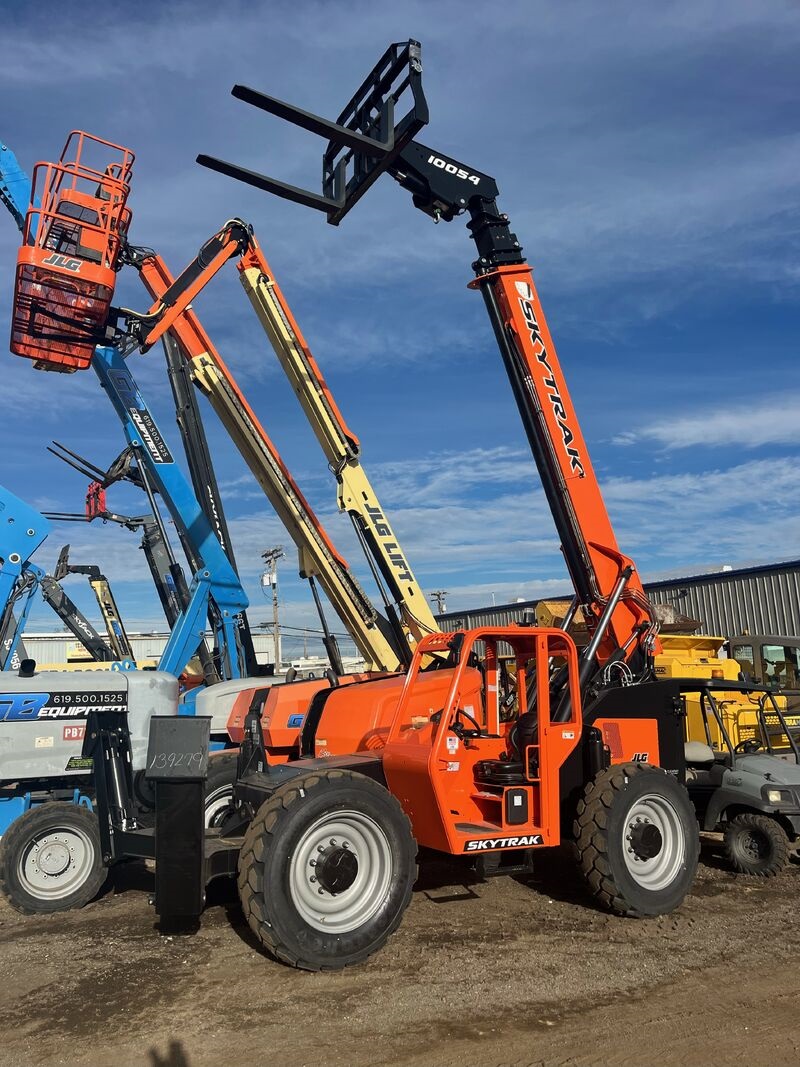Equipment Supply Contract
A supply contract is a formal agreement between purchasers and a contractor that outlines the terms and conditions for the procurement of a system or asset. It ensures a smooth implementation of the system within the project budget, schedule, and performance requirements.
The contract includes technical aspects such as the type of technology, system reliability, and resilience to technology evolution, as well as commercial aspects like price, lead time, and contractual terms. The contract is typically awarded through a competitive bidding process or, in some cases, through direct contracting after an informal negotiation.
System planning and deployment
Service supply management
Modeling long term contracts
Master Supply Agreement (MSA)
Types of supplier contracts
Are you planning to purchase new equipment for your business? If so, it’s important to have a solid procurement agreement in place. An equipment procurement agreement outlines the terms and conditions of the purchase, ensuring that both parties are on the same page.
But what exactly should be included in this type of contract? And how can you negotiate a deal that benefits your company? At Hiro Capitals, we’ll cover 5 key considerations for equipment procurement agreements and provide some expert tips on how to navigate these complex contracts.
1. Purchase Agreement
2. Master Supply Agreement (MSA)
3. Service Level Agreement (SLA)
4. Manufacturing Agreement
5. Distribution Agreement
.jpg)
.jpg)



